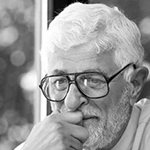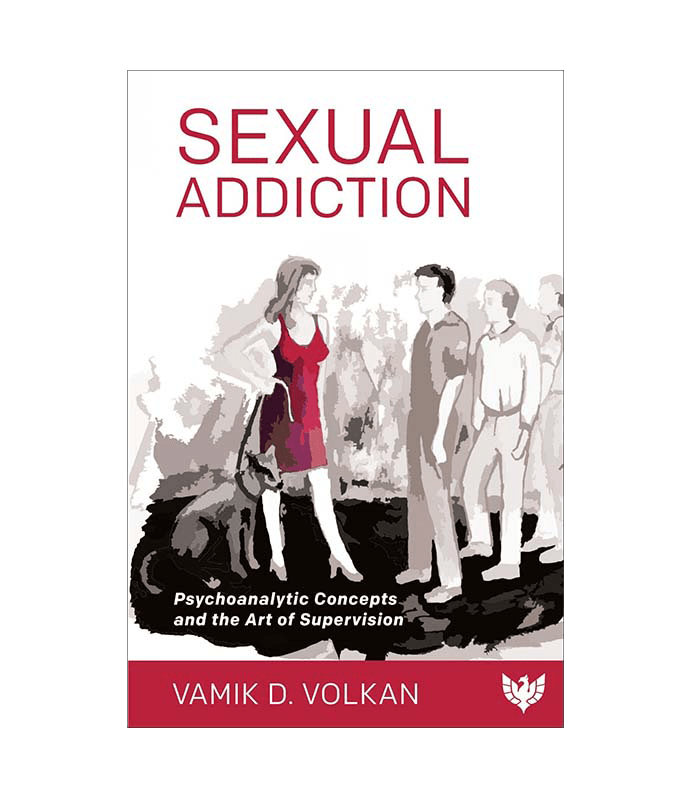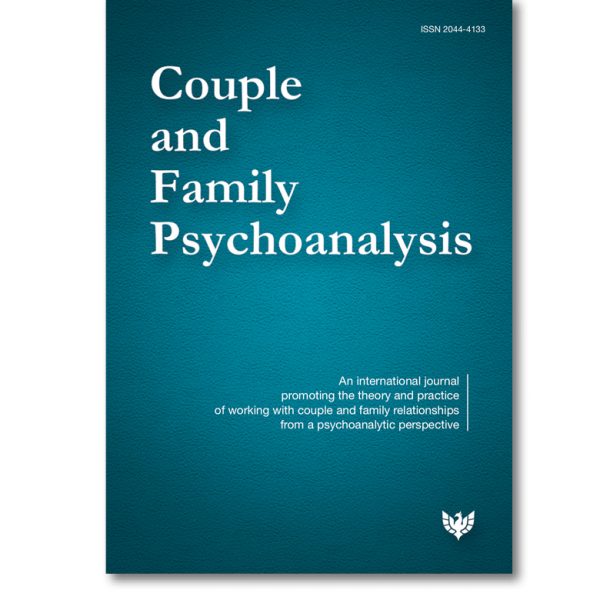About the author

Vamık Volkan, MD, DFLAPA, received his medical education at the School of Medicine, University of Ankara, Turkey. He is an emeritus professor of psychiatry at the University of Virginia, Charlottesville and an emeritus training and supervising analyst at the Washington Psychoanalytic Institute, Washington, DC. In 1987, Dr Volkan established the Center for the Study of Mind and Human Interaction (CSMHI) at the School of Medicine, University of Virginia. CSMHI applied a growing theoretical and field-proven base of knowledge to issues such as ethnic tension, racism, large-group identity, terrorism, societal trauma, immigration, mourning, transgenerational transmissions, leader–follower relationships, and other aspects of national and international conflict. A year after his 2002 retirement, Dr Volkan became the Senior Erik Erikson Scholar at the Erikson Institute of the Austen Riggs Center, Stockbridge, Massachusetts and he spent three to six months there each year for ten years.
In 2006, he was Fulbright/Sigmund Freud-Privatstiftung Visiting Scholar of Psychoanalysis in Vienna, Austria. Dr Volkan holds honorary doctorate degrees from Kuopio University (now called the University of Eastern Finland), Finland; from Ankara University, Turkey; and the Eastern European Psychoanalytic Institute, Russia. He was a former president of the Turkish-American Neuropsychiatric Society, the International Society of Political Psychology, the Virginia Psychoanalytic Society, and the American College of Psychoanalysts. Among many the awards he received are the Nevitt Sanford Award, Elise M. Hayman Award, L. Bryce Boyer Award, Margaret Mahler Literature Prize, Hans H. Strupp Award, the American College of Psychoanalysts’ Distinguished Officer Award for 2014, and the Mary S. Sigourney Award for 2015. He received the Sigmund Freud Award given by the city of Vienna, Austria in collaboration with the World Council of Psychotherapy. He also was honoured on several occasions by being nominated for the Nobel Peace Prize with letters of support from twenty-seven countries. Dr Volkan is the author, co-author, editor, or co-editor of more than fifty psychoanalytic and psychopolitical books, including Enemies on the Couch: A Psychopolitical Journey through War and Peace. Currently Dr Volkan is the president emeritus of the International Dialogue Initiative (IDI), which he established in 2007. He continues to lecture nationally and internationally.
Vamık Volkan won the 2021 Gradiva Award for his book Large-Group Psychology: Racism, Societal Divisions, Narcissistic Leaders and Who We Are Now.
To view all our titles from Vamık Volkan, click here.






Ira Brenner, M.D., Training and Supervising Analyst, and Director Emeritus, Psychotherapy Training Program, Psychoanalytic Center of Philadelphia; Clinical Professor of Psychiatry, Sidney Kimmel Medical School of Thomas Jefferson University –
Vamık Volkan continues to defy the law of gravity, as he further elevates our field with his latest, and, arguably, best clinical book to date. Drawing upon a lifetime of accumulated wisdom, he gives us a bird’s eye view into his work as a supervisor of an analytic candidate’s case of a traumatized woman. Speaking clearly and directly to the reader, we follow the successful course of both the analysis and the evolution of the analyst’s professional identity. This beautifully written book is sensitive, scholarly, and remarkably accessible. It exemplifies Volkan’s extraordinary generativity, and is mandatory reading for analytic therapists at all levels.
Kristina Saraneva, Clinical Psychologist, Training and Supervising Psychoanalyst, Therapeia Institute (IFPS), Helsinki Finland –
It is a joy to read this book, especially in a time where psychoanalysis is often considered an outdated method. This book proves the opposite. Vamık Volkan describes the psychoanalytic process of a female patient who presented considerable sexual addiction in her daily life. Dr. Volkan was the supervisor of her analyst, who still was in training. The illustration of the process of supervision enriches this case study outstandingly, as the reader learns not only what Dr. Volkan tells his supervisee but also why he does it. Demonstrating how the patient ́s problems and reactions affect both analyst and supervisor emotionally, he skillfully uses the material to help (train) his supervisee to develop a stable psychoanalytic identity.
Treating patients with an addiction is a challenge for both analyst and method. Dr. Volkan provides an understanding of the psychodynamics of nonchemical addiction, giving many case examples from his own practice. He discusses how deprivations and fixations in early childhood may cause symptoms like sexual addiction later in life. The reader gains insight into the use of expanded analytic methods when treating patients with preoedipal dynamics. Dr. Volkan unfolds his understanding of psychoanalytic theory and its concepts as they have developed in his mind during decades of working as an analyst, supervisor, teacher, and author. This book will be a treasure in any psychoanalytic training program.
Beverly Neeson, student member of BACP, ‘Therapy Today’ March 2022 –
‘The author’s approach and style result in a clear explanation of the key points while maintaining interest for the reader. This is not a dry read and is best suited to reading from cover to cover. […] This is an enjoyable read and a good starting point to delve deeper into the concepts offered within. I found Volkan’s book to be a good addition to my library.’
Drew Tillotson, The International Journal of Psychoanalysis, 103:2, 2022 –
‘In his latest book, Vamik Volkan, esteemed psychoanalyst, scholar and prolific author, takes up the phenomenon of sexually compulsive behaviour […] The story is one that describes the layered, at times daunting, analytic journey of Judy, Dr Rowan and Volkan, and reminds us of the power of analytic treatment and its usefulness with some of the most complicated and entrenched repetitive behaviours and destructive patterns.’